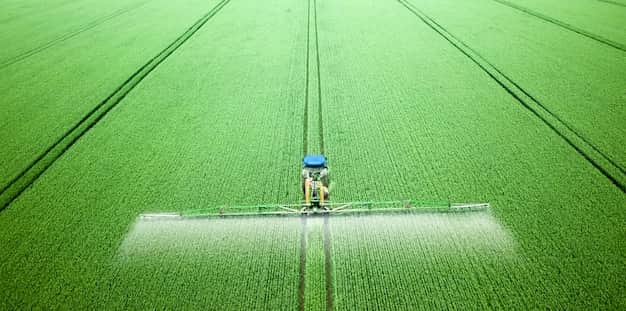Welcome To ChemAnalyst

Water Soluble fertilizers costs have constantly been rising because of growing demand from the agriculture sector. Increased urea and other fertilisers are affecting the fertiliser industry as a result of recent energy price increases. Following the start of the spring season, most export demands were expected to climb, with many of them coming from Europe. On the other hand, domestic traders remained skeptical about future demand growth, given the industry's ongoing market instability amidst the Russia-Ukraine conflict and soaring inflation. During March, WSF prices in India, including MAP (Mono Ammonium Phosphate) CFR JNPT, were INR 84000/MT, while Potassium Nitrate CFR JNPT prices were INR 85600/MT and Urea Phosphate CFR JNPT prices were INR 75000/MT.
Water-soluble Fertilizers (Nitrogen, Phosphorate, and Potash) costs are rising due to the conflict in Ukraine. Russia is the world's largest exporter of fertilizer and associated raw resources, which directly influences food costs. In addition, Russia and Ukraine are essential food commodity exporters. Together they account for 28% of world wheat exports, and Ukraine accounts for 14% of global corn exports. Due to the war and accompanying sanctions imposed on Russia, food production and commerce are being disrupted, driving up costs.
Bullish international sentiments for fertilizers increased the price of several fertilizers in India. The Indian market was experiencing a supply crunch from major exporting countries, while domestic manufacturers witnessed a supply shortage for raw materials. It is anticipated that farmers may see low product availability this upcoming Kharif season, as the current market scenario is diverting the overall outlook toward prolonged scarcity.
As per ChemAnalyst, "Many of the causes driving up fertilizer costs, including the continuation of conflicts in Ukraine. Another unknown is how quickly other fertilizer-producing countries will be able to ramp up production to replace Russian supplies. Depending on how these and other concerns play out, fertilizer might become a stumbling block, leading to release from other Russian sanctions. Water Soluble Fertilizer costs might have far-reaching consequences beyond food prices."
We use cookies to deliver the best possible experience on our website. To learn more, visit our Privacy Policy. By continuing to use this site or by closing this box, you consent to our use of cookies. More info.
